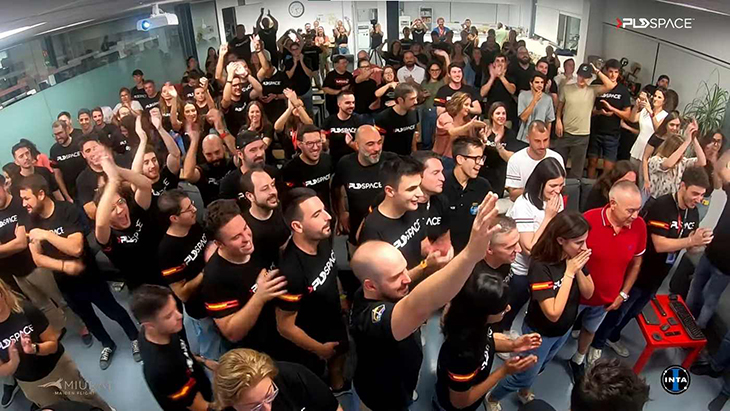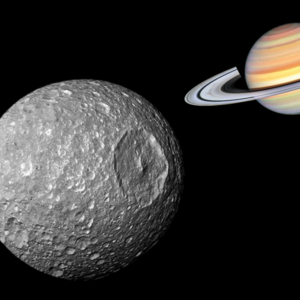
In a surprising turn of events, the Spanish economy finds itself in the positive glow of American headlines, all thanks to the recent triumph of a Spanish private astronautics company, PLD.
The successful test flight of their Miura-1 reusable space rocket has not only demonstrated Spain’s capability in space exploration but also elevated it to the ranks of the world’s spacefaring nations.
The Miura-1, named after a formidable type of fighting bull that also inspired an old Lamborghini model, soared 28.6 miles, or 46 kilometers, into suborbital space during its 306-second flight. This achievement positions Spain as the 10th country on Earth with direct access to space, a noteworthy accomplishment that resonates far beyond its national borders.
The primary objective behind the Miura project is to provide a more efficient and cost-effective means for governments and companies to launch satellites into orbit. With a payload capacity of 220 pounds (100 kg), the Miura aims to carve a niche as a lighter alternative in the space launch market.
PLD founder and Launch Director Raul Torres said in a statement, “This launch is the result of more than 12 years of hard work, but it is only the beginning of what is to come.”
“Thanks to this experimental flight, we will be able to extract a large volume of information that will allow us to validate a large part of the design and technology that will serve as the basis for developing our orbital launcher, MIURA 5,” he added.
The triumphant splashdown of the Miura-1 in the Atlantic Ocean marked the completion of a crucial phase of the test flight. PLD expressed readiness to retrieve the rocket just hours after the conclusion of the launch, showcasing their commitment to the viability and sustainability of reusable space technology.
While the initial expectations for the Miura-1 included an 80-kilometer journey and 12 minutes in microgravity, the achievement in suborbital space is no less commendable. What makes this success even more noteworthy is the timing. At a moment when the Ariane 5, a prominent launch vehicle for European space entrepreneurs and agencies, is unavailable due to the impending introduction of the Ariane 6, Spain emerges as an unexpected leader in economic space flight in Europe.
The Ariane 6, despite being highly anticipated, has encountered delays in its development. Compounding this issue is the unavailability of the Russian Soyuz vehicle, occasionally used by Europe, owing to the sanctions resulting from the Ukraine invasion. Moreover, setbacks such as a failed test from the UK’s Virgin Orbit and delays in perfecting Italy’s Vega-C rocket have further emphasized the significance of PLD’s success with the Miura-1.
With a keen eye on the future, PLD plans to leverage the data gathered from the Miura-1 test flight to propel the development of the Miura-5, their final product. The company is ambitiously eyeing a 2025 test date from the Miura-5, with multiple launches in the intervening period to thoroughly test and refine various systems.
Spain’s foray into economic space flight represents not just a technological milestone but also a strategic positioning in the evolving landscape of space exploration in Europe. The success of the Miura-1 showcases Spanish innovation, as well as highlights the nation’s potential to play a pivotal role in the next frontier of mankind’s exploration of outer space.
See more about the Miura-1 in the video below:
What are your thoughts? Please comment below and share this news!
True Activist / Report a typo


